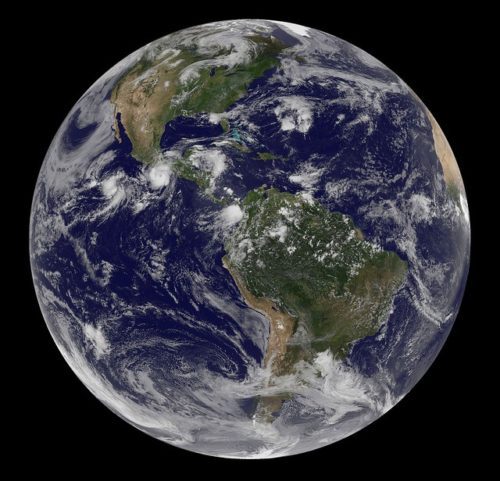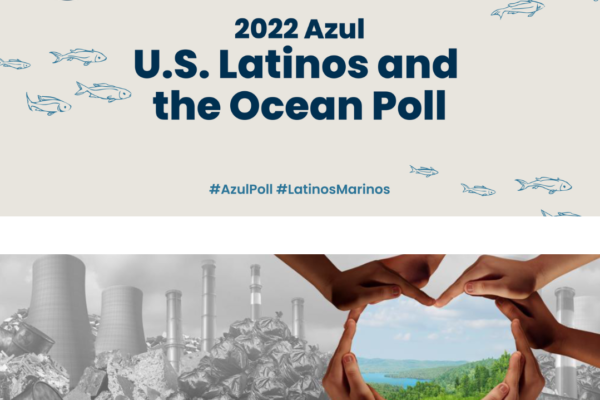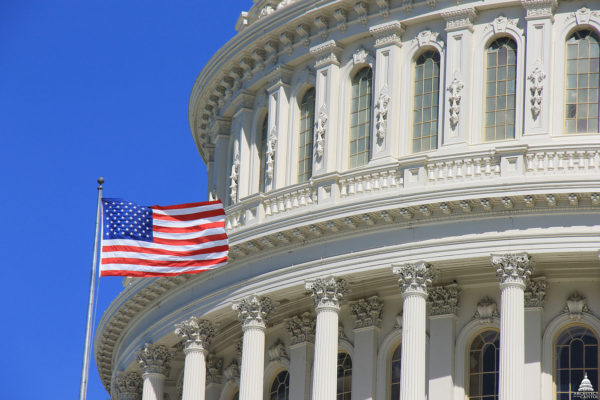
The Ocean Project is working with a diverse coalition to secure broad bipartisan in Congress to help advance ocean conservation by improving environmental literacy and, as a result, American competitiveness in the global economy.Representative Lois Capps (Democrat from California’s 23rd congressional district) recently introduced a bill, HR. 3644, the Bay-Watershed Education and Training Regional Program and National Environmental Literacy Grant Program Act. This bill authorizes and strengthens NOAA’s (National Oceanic and Atmospheric Administration) existing Bay-Watershed Education and Training (B-WET) and Environmental Literacy Grants (ELG) programs.
These two programs – B-WET and ELG – have funded many valuable activities including The Ocean Project’s recent public opinion research – America, the Ocean, and Climate Change – made possible with support from the ELG program. Without NOAA funding, our Partners and other friends would not be receiving the latest – and ongoing – market research providing insights into how to more effectively reach and engage Americans for conservation.
How to Help:
You can see a list of co-sponsors, learn more about this bill, and track its progress at the govtrack.us. The website has lots of valuable information and resources to improve civic involvement, including finding out whom your congressional representatives are in case you are not sure.
More info:
It is important to now establish these programs – B-WET and ELG – in law, consistent with the education mandates provided to NOAA in both the America COMPETES Act (PL 110-69, Sec.4002) and the Omnibus Public Land Management Act (PL 111-11, Sec. 12304).
By passing this legislation with broad bipartisan support we can significantly improve STEM education and environmental literacy, will help enhance American competitiveness, and help create healthier communities and watersheds around our country. Ultimately, all this will improve the health and abundance of our shared world ocean.



